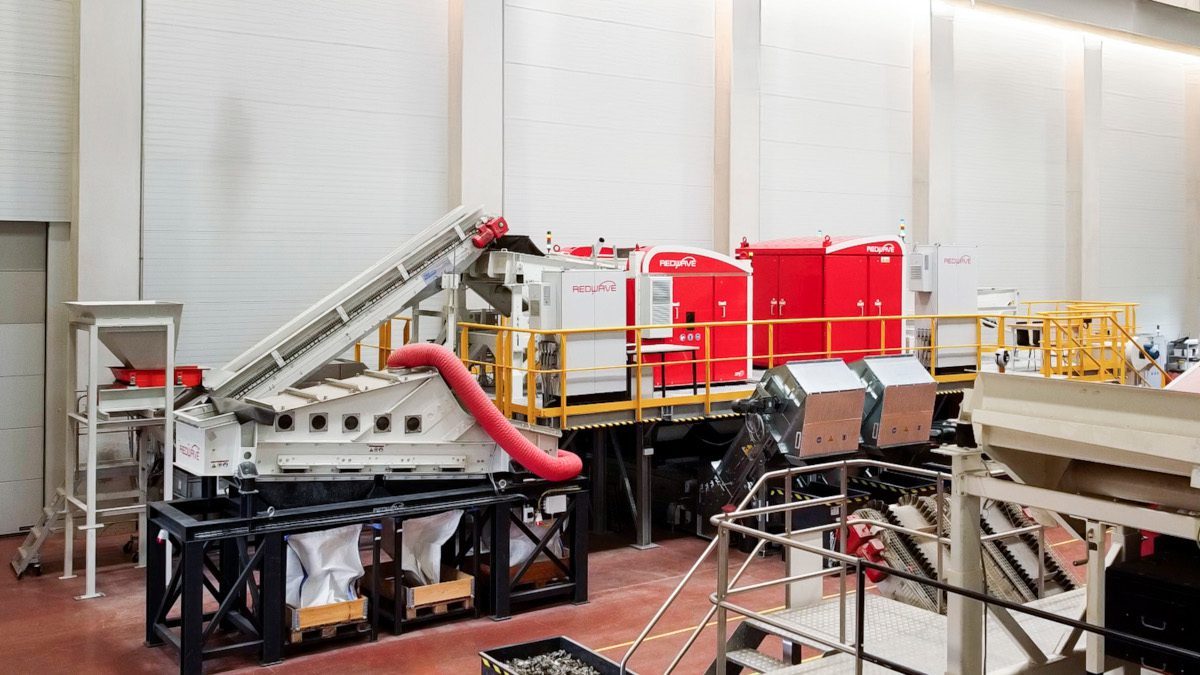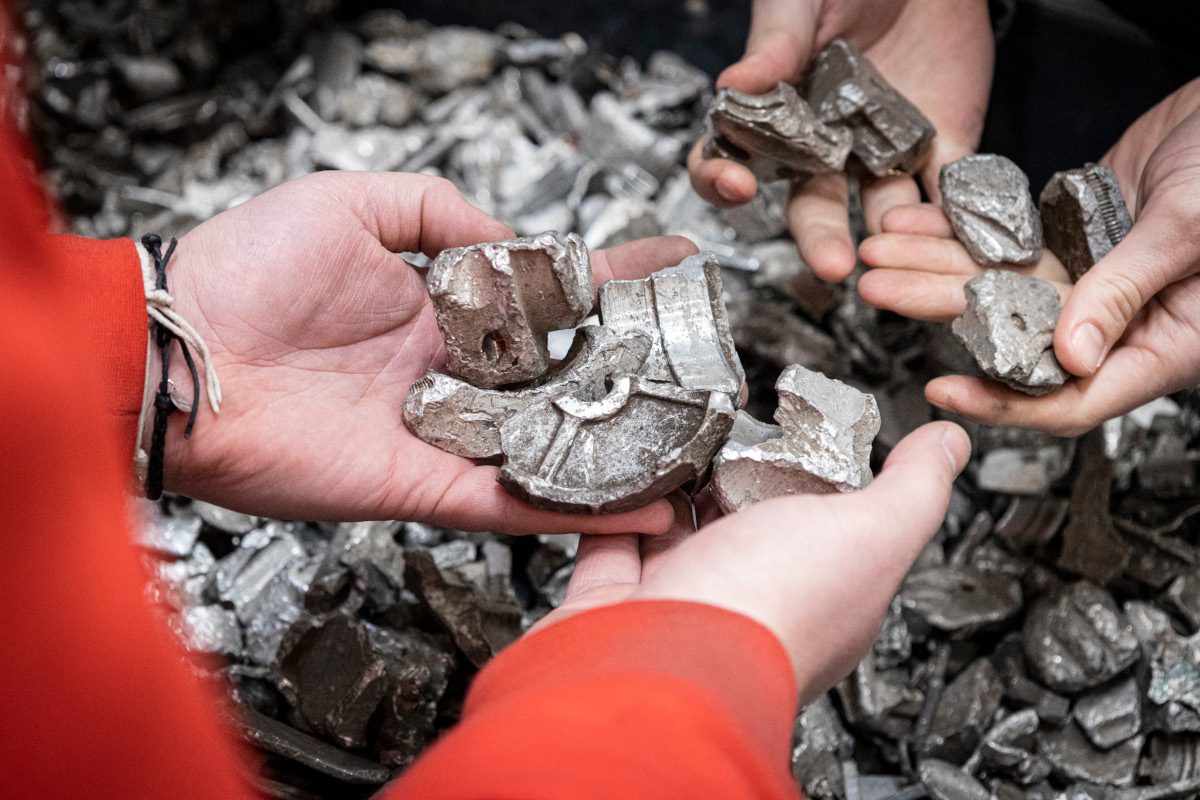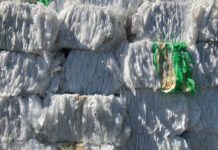
Precision sorting, higher margins, and a sustainable contribution to the circular economy are among the headline benefits claimed for the REDWAVE XRF system for metal sorting, as Austrian technology firm BT-Systems GmbH explains
In the metal recycling industry, companies are increasingly challenged to not only improve the efficiency of their processes but also to raise the quality and purity of the sorted materials to new heights.
BT-Systems GmbH has achieved a milestone for the sector with its latest generation of REDWAVE XRF sorting machines. By integrating spectral analysis technology into the system, the company is unlocking new opportunities for metal recycling, particularly in aluminium recovery. This system enhancement now enables the processing of a wide range of material streams, including ZORBA, e-scrap, used beverage cans (UBCs), IBA, and mixed metal fractions, while ensuring the accurate identification of aluminium alloys with high purity and quality.
BT-Systems GmbH’s REDWAVE XRF sorting machines have been successfully used for separating aluminium and heavy metals such as copper, zinc, brass and lead. Until now, aluminium could only be separated from other metals like copper or zinc, with the precise identification and sorting of various aluminium alloys remaining a challenge. These technological limitations are now a thing of the past.
By combining spectral analysis with XRF fluorescence technology in one sorting system, a broader spectrum of material composition can now be analysed. Not only are individual element signals (peak-based analysis) detected, but the entire spectrum is utilised to enable significantly more precise alloy separation. Compared to other technologies, this system is equally effective with materials that have contaminated surfaces, making it suitable for nearly all materials. This advancement opens up entirely new possibilities in aluminium separation and significantly improves material purity and recycling quality

For companies in the metal recycling sector, the benefits can be summarised as follows:
- Maximised material purity and value creation:
Improved material quality through the concentration of aluminium alloys such as 6060/6063 or the sorting of aluminium series 1xxx–7xxx increases market value and opens access to highly lucrative markets. These include the growing demand for primary aluminium and specialised alloys, particularly in the automotive industry. Recycling companies can now deliver premium materials to high-value buyers, maximising their value creation. - Reduction of contaminants:
Spectral analysis enables the detection of contaminants often found in aluminium streams, such as plastic, rubber, or wood. These unwanted materials are removed in a single step, resulting in cleaner end products and reduced reprocessing costs. - Increased flexibility and cost-efficiency:
A key advantage of the new REDWAVE XRF sorting system is its flexibility: one machine is sufficient to meet a wide range of sorting requirements. With a single machine, companies can separate heavy metals, stainless steel alloys, and now aluminium alloys. This efficiency reduces the need for multiple machines and associated operating costs, while also accelerating processing speed. Businesses can optimise their entire recycling workflow, achieving higher productivity with lower energy consumption. - Future-proof design:
The REDWAVE XRF technology’s ability to adapt to new material requirements and market changes provides long-term investment security. By analysing the entire spectrum, the system is equipped to handle new materials and challenges, ensuring flexibility to meet future recycling demands. - Competitive advantage and higher margins:
Companies that extend their capabilities from conventional heavy metal sorting to the sorting of aluminium alloys can achieve “primary aluminium” specifications, strengthening their market position and securing higher margins
The future of metal recycling holds tremendous opportunities, and these are being driven particularly by the increasing demand for recycled aluminium in the automotive, construction, and electronics industries. Sustainability initiatives and mounting pressure to reduce CO₂ footprints are putting recycled materials in the spotlight. Additionally, the recycling of incinerator bottom ash (IBA), which contains valuable metals, is gaining importance, as many of these materials have previously been underutilised.
Technological innovation is a key factor in the sector’s progress, enabling companies to not only enhance their efficiency but also contribute significantly to the circular economy.
Details: www.redwave.com and www.bt-systems.at.







